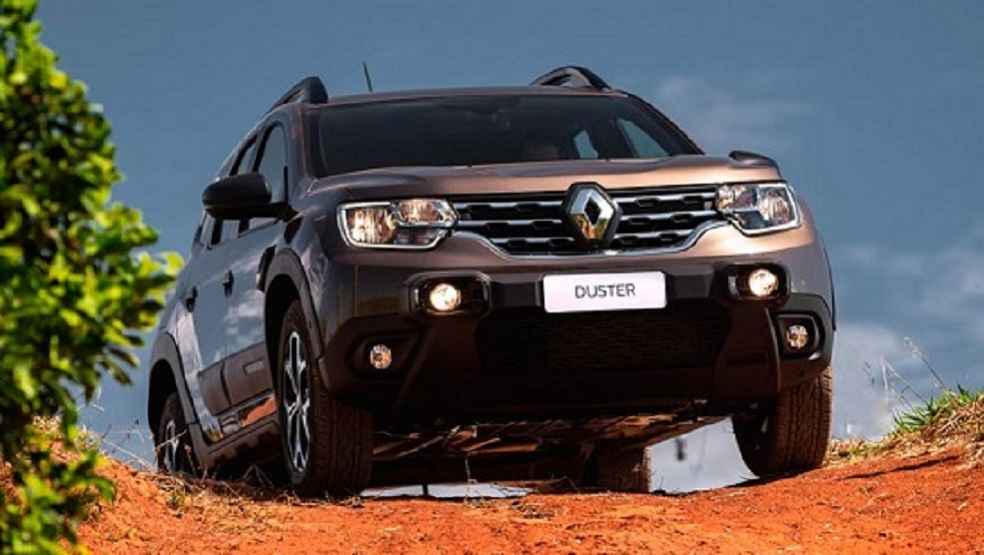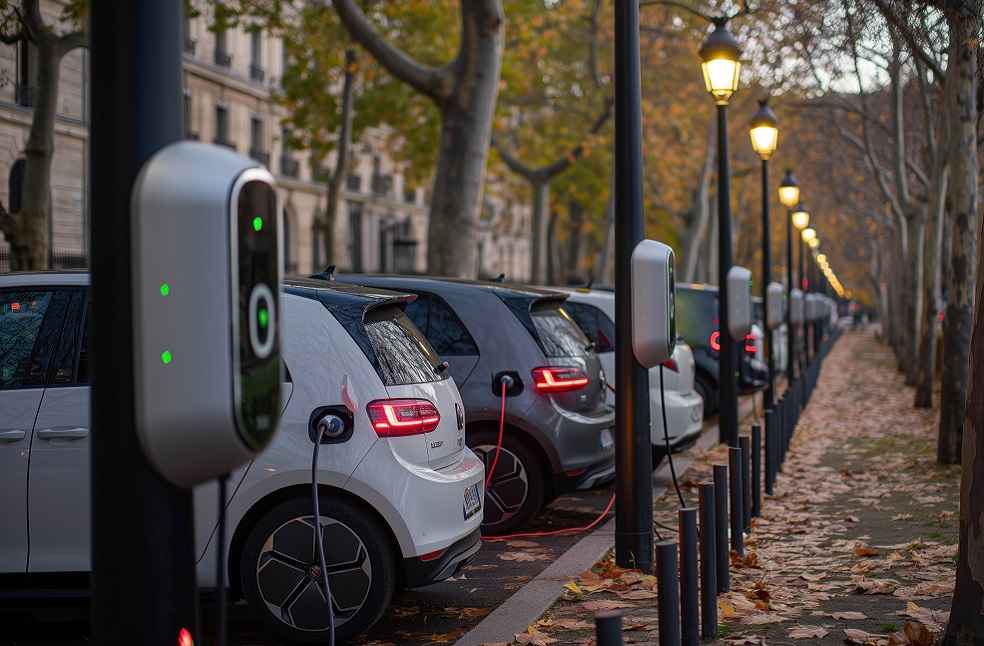French carmaker Renault Group is harnessing the capabilities of its Shanghai-based Advanced China Development Center (ACDC) to develop electric vehicles (EVs) tailored for markets outside Europe, as part of a broader strategy to cut production costs and speed up development cycles.
Vincent Piquet, Chief Financial Officer of Renault’s EV division Ampere, revealed that the Shanghai center, established last year with a team of around 200 employees, has become a key engineering hub. Originally focused on developing EVs for Europe, the center is now playing a global role in Renault’s expansion strategy.
“We want [ACDC] to work for the globe,” Piquet said, emphasizing that the operation is now designing battery-powered models not only for Europe but also for other major markets, including Brazil and South Korea.

This strategic shift comes as Chinese EV makers gain ground in Europe, pushing traditional automakers to rethink their approach. Drawing from the speed and efficiency of China’s automotive ecosystem, Renault recently developed a new electric Twingo in just 21 months, almost halving the typical development timeline. The compact EV, priced under €20,000, is scheduled for a 2026 launch in Europe.
In another milestone, Renault’s budget brand Dacia rolled out a new EV model within just 16 months, the fastest in the company’s history. These moves aim to position Renault competitively against Chinese models like BYD’s Seagull and Nio’s Firefly.
“Competition from China entering Europe forced us to rethink how we organise EV and software elements,” Piquet noted. “We’re not selling these cars in China, but we’re leveraging Chinese expertise to compete better in Europe.”
By 2028, Renault aims to cut the production costs of its next-generation EVs by 40%. The company is also targeting a doubling of its EV sales volume this year and again in 2026, after selling fewer than 100,000 units last year. Plans are also underway to expand Renault’s EV portfolio to further strengthen its European market position.

To support this growth, Renault is engaging with Chinese parts suppliers to help them establish operations in Europe. One example is its joint venture with Chinese automotive supplier Minth Group, which began producing battery casings in France in 2023.
“The barriers to entry and logistics costs make production in Europe more efficient,” Piquet said, adding that the presence of global suppliers in Europe could foster competition and help reduce EV production costs.
As Western carmakers grapple with the growing influence of Chinese EV brands, known for their advanced batteries, lower costs, and smart features, many are turning to China for technological insights. Mercedes-Benz and BMW have also established major research centers in the country to focus on autonomous driving, big data, and connectivity.
China continues to dominate the global EV market, accounting for over 60% of the more than 17 million EVs sold globally in 2023, according to Rho Motion. Despite this, Chinese EV makers still hold modest market shares in most European countries, where legacy brands like Volkswagen and Audi remain dominant.
GENERAL | Republican Bill to End Vehicle Tax Credits, Raising EV Costs





